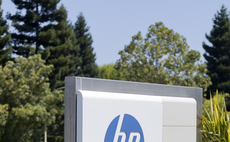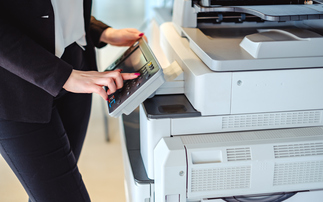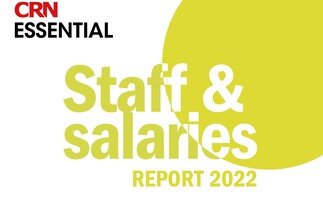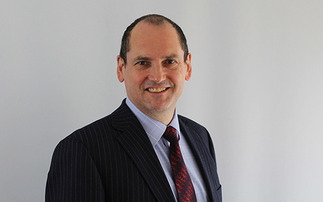Why rethinking ink might help save the planet
People, companies and governments around the world are increasingly questioning commercial manufacturing and production models, and discovering they are not sustainable.
But despite having kept the wheels of industry and economies spinning since the Industrial Revolution of the 19th century, they're operating on borrowed time.
If we are to continue this way, we're on track to use up the natural resources of 1.6 planet earths, as Nate Hurst, HP's chief sustainability and impact officer, frequently points out. And that's just at the current rate of demand - it's estimated that there will be an extra four billion individuals by 2100.
As more people wake up to the impact we're having on the environment, the more the demand grows for a circular, or ‘closed loop', economy, where products are repurposed, recycled, shared or regenerated at the end of their life cycles.
The business argument for closing the loop
Soon, companies might have no choice in the matter anyway, as more governments the world over legislate in favour of closed-loop business models.
But it's not only the legal incentive that's encouraging many companies to make the switch. It turns out that it's not only good for the planet but it's a good strategy for business too.
Companies that operate on a successful closed loop model can add value to their business while improving their green credentials. By changing their design, manufacturing and service processes and finding ways to keep their products valuable and in circulation for longer, businesses are building brand loyalty, engaging customers and increasing trust.
Younger consumers in particular are turning their backs on the old throwaway approach and seeking out brands and products that are less environmentally damaging. According to Accenture research in the US, the circular economy could generate $4.5 trillion in additional economic output by 2030.
HP keeps it coming around again
HP is acutely aware of the part it plays as a global manufacturer of imaging and printing products, and has been developing circular manufacturing systems since 1992, when we started to redesign our products.
In 1995, HP launched a take-back and recycle scheme for ink cartridges and, in 2000, we started to make toner cartridges out of plastic that had been recycled from the programme, thus closing the loop more tightly. Today, more than 80 percent of HP's ink cartridges contain recycled material and 100 percent of HP toner cartridges contain recycled content. To date, HP has manufactured more than 3 billion ink and toner cartridges, using almost 100 million kg of recycled material.
Crucially, materials such as metals and plastics are recycled and reused for high-grade applications, rather than being turned into lower and lower-grade material and eventually ending up as landfill.
Dion Weisler, HP's president and CEO, says, "We believe sustainability is a powerful force for growth and innovation, in the world and at HP. It guides how we do business and drives the way our products are designed, made, used and regenerated. And it is a focal point as we reinvent our business models and operations toward a materials and energy-efficient circular economy."
It's a no-brainer for businesses
It seems that businesses agree with HP's outlook. Decision-makers charged with making technology purchases are getting in on the closed-loop act in droves. HP estimates that at least $700 million in new revenue in 2017 was down to sustainability as a key differentiator. The numbers seem to bear it out: being good to the planet is very good for business.











